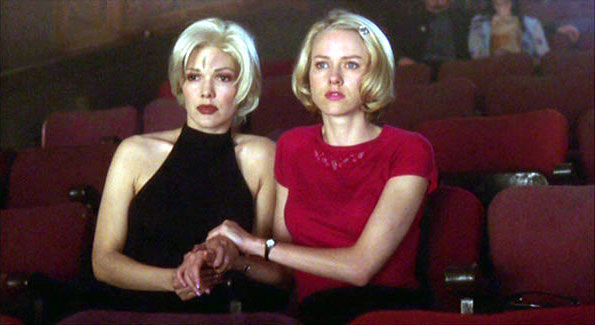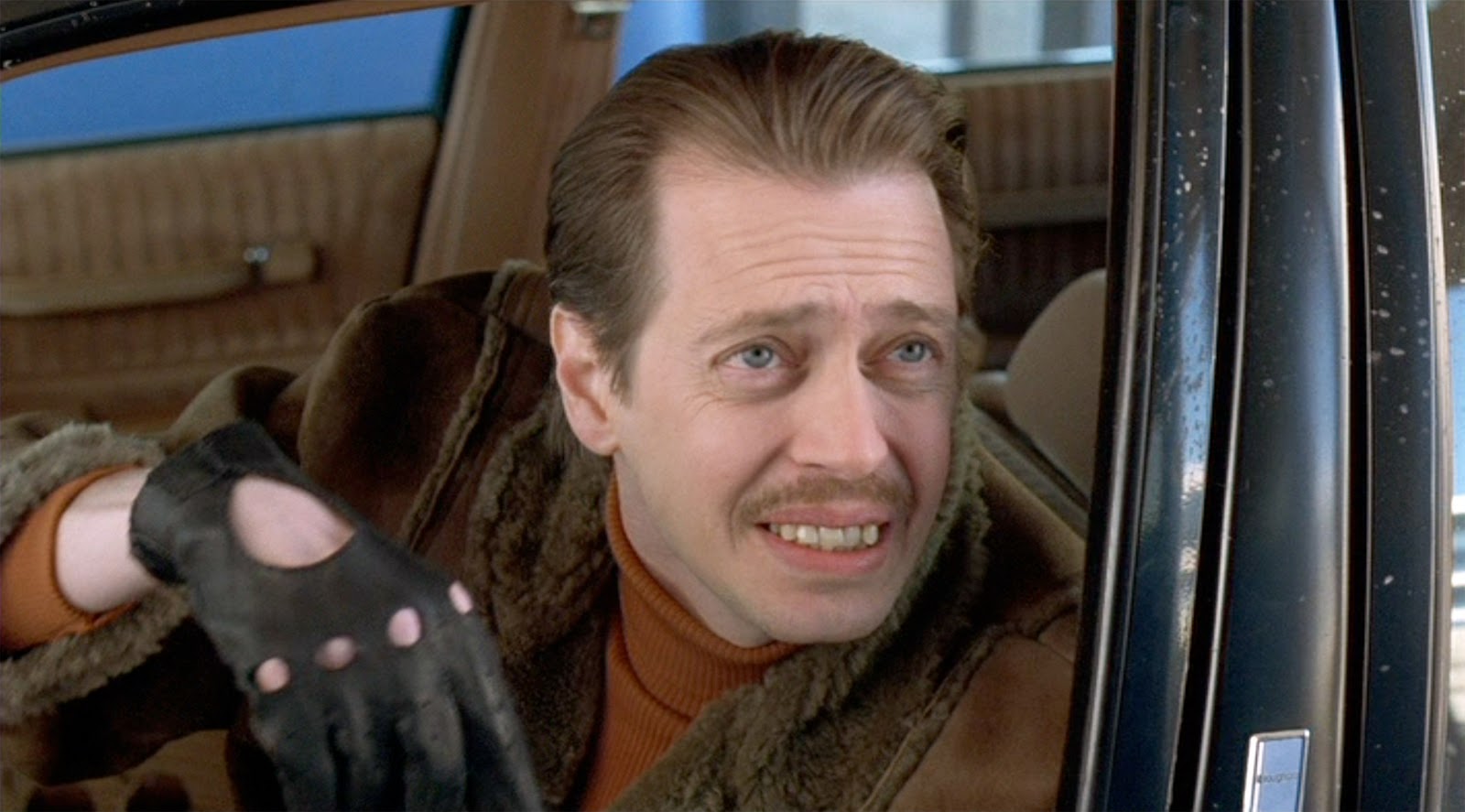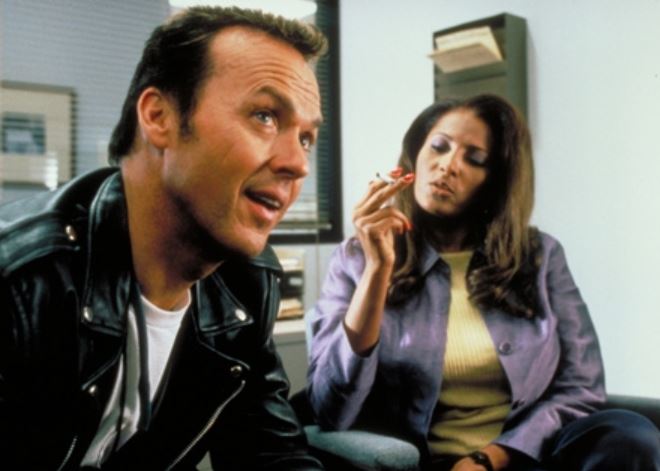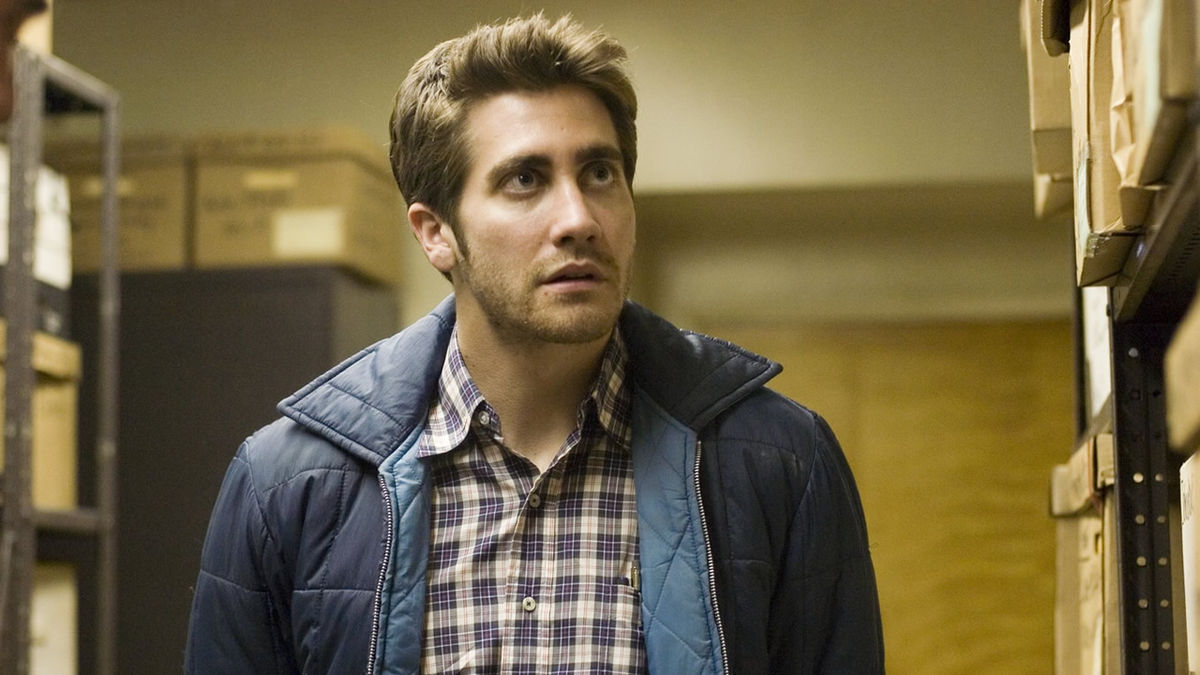6. Mulholland Drive (2001)

The offspring of a ditched 94-minute pilot for an ABC series that never aired, David Lynch’s mind-altering masterpiece has been described at various points as a love story in the city of dreams, a moody neo-noir, an anti-Hollywood cautionary tale, the pinnacle achievement of modern American cinema, and an irritatingly baffling carousel of inscrutable non sequiturs that ultimately lead nowhere. Yet the fact that the film continues to spark such rarefied passions today, and that people see it and walk away with such wildly divergent interpretations is a pretty compelling selling point on its own.
Sure, it’s something of a hard nut to crack that keeps you in the dark for a while, but stick with it all the way to the closing credits and you’ll find that “Mulholland Drive” is much more than a jigsaw puzzle to be solved. In fact, the film decodes itself rather neatly and straightforwardly during the second half, as we watch failed actress Diane Selwyn’s subconscious mind slip in and out of a wish-fulfilling make-believe fantasy driven by romantic jealousy. Come to watch one of the finest breakout performances of the 21st century so far in Naomi Watts, stay to watch Justin Theroux being hilariously manhandled by Billy Ray Cyrus.
7. Fargo (1996)

The Coens’ filmography is bursting at the seams with bumbling, half-witted average Joes who always end up way in over their heads or roped in some sort of tangled web of misunderstandings. But Jerry Lundegaard (William H. Macy), a debt-ridden Minnesota car salesman who tries to turn a quick profit by hiring two hot-headed goons to kidnap his own wife, has to take the cake for being the vilest, most utterly pathetic, and unintentionally funny of the lot.
Unlike most of the genre offerings in this list, this snow-bound seasonal fan favorite, which nabbed 9 Oscar nods and spawned an Emmy-winning FX spin-off series by the same name, doubles as the cinematic equivalent of a warm, cozy comfort blanket for a rainy evening best spent indoors. Whether you’d like a refresher on your Midwestern regional dialect, bask in the chilly winterscapes elegantly captured by Roger Deakins, or watch Frances McDormand’s pregnant Police Chief Marge Gunderson sleuthin’ around (you betcha!), there’s simply no bad excuse to revisit this cornerstone of 1990s American cinema. Nitpickers will argue that “Fargo” doesn’t really play by the genre’s playbook, and though it does thread the needle between thriller and comedy, make no mistake about it: the film still packs a mighty punch.
8. Oldboy (2003)

To call the absolute bombshell of an ending that caps off the second installment in Park Chan-wook’s Vengeance trilogy one of the most devastating emotional gut punches in modern cinema history would still be underselling it somehow. Suffice to say that going into “Oldboy” with as little prior knowledge as possible is the surest way to make that magical first-time viewing a truly memorable experience, so if you’ve managed to avoid spoilers all these years, consider yourself lucky.
But it definitely takes way more than one wallop of a twist ending to amass a fervid cult following, single-handedly put the entire Korean film industry on the map and become one of the splashiest Cannes premieres of the 21st century (just ask good ol’ Spike Lee). In short, there’s a reason why legions of film buffs and thriller aficionados today bow at the altar of Park Chan-wook and devotedly revisit his gnarly 2003 revenge nail-biter — about an average Joe who’s kidnapped, framed for murder, and kept captive for 15 years with no explanation — like an annual tradition.
Even if you haven’t gotten around to it already and don’t know exactly what to expect, there’s a good chance you’ve heard of or at least come across tidbits from its bravura one-take hallway fight scene — a 3-minute-long sustained adrenaline rush that’s been a staple in film schools for the last 20-odd years and has been repeatedly cribbed from in countless knockoffs ever since.
9. Jackie Brown (1997)

Practically every Quentin Tarantino movie to date is reverse-engineered to benefit from repeated viewings, becoming more and more rewarding with each watch, and his sophomore feature — a sleek, self-aware riff on ’70s blaxploitation cinema starring Pam Grier aka Foxy Brown herself — is no exception.
Jack Hill’s former on-screen muse is an understated powerhouse in the titular role as a middle-aged LAX flight attendant with a lucrative side hustle smuggling cash from overseas, as is Robert Foster as the grizzled bail bondsman who helps her outfox both her ruthless boss (Samuel L. Jackson) and an ace FBI agent (Michael Keaton).
Though often written off as a ‘minor’ work, “Jackie Brown” is actually Tarantino’s most nakedly heartfelt and low-key funny film — a breezy, hangout classic that coasts on vibes and showcases some of the director’s best traits (snappy dialogue, pitch-perfect needle-drops, a stacked ensemble cast, and unexpected turns) without indulging his worst (don’t get me started on his grating self-cameos). Watching Grier and Foster play off each other is worth the price of admission alone, but as the cherry on top you also get to watch Robert De Niro rocking a cool ‘stache and smoking pot as a laid-back, groovy ex-con. What’s not to like?
10. Zodiac (2007)

The Jake Gyllenhaal vehicle that is, hands down, David Fincher’s greatest contribution to the genre — which is really saying something about the mastermind behind “Se7en”, “Fight Club”, and “Gone Girl” — returns to familiar creative ground but veers off the beaten path to weave an authoritative account of the real-life crime investigation of the eponymous San Francisco serial killer who sent cryptic anonymous letters to the police from 1969 to 1991.
Not that he’s ever settled for less than exceptional, but “Zodiac” found Fincher firing at all cylinders at the absolute height of his directing prowess, seamlessly bending the conventions of the true-crime procedural, journalism film, and conspiracy thriller all to his own will. The result is a tautly plotted, ripped-from-the-headlines study of paranoia and obsession that builds suspense not only through unexpected bursts of violence but rapid-fire dialogue and airtight editing. It’s a gripping slow burner that sticks in the memory like a stone in the craw and is frankly impossible to shake out of your system unless you give in and plummet down its rabbit hole once again.